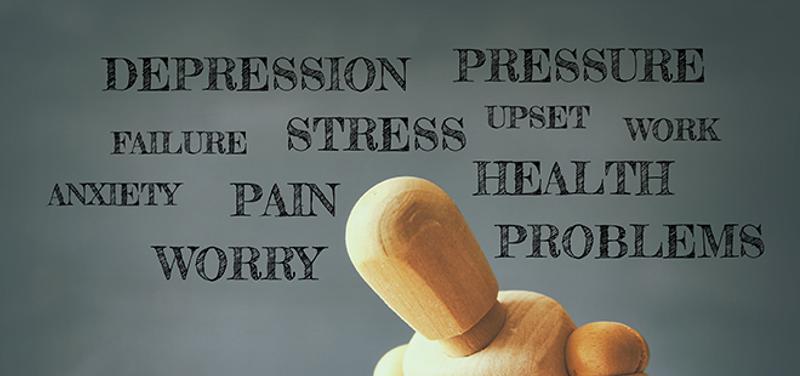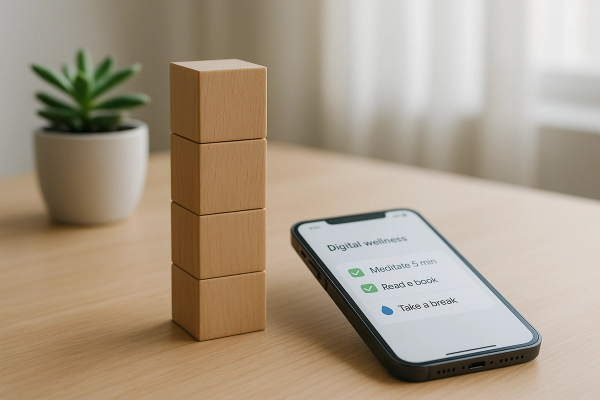Depression is classified as a mood disorder. It may be described as feelings of sadness, loss, or anger that interfere with a person’s everyday activities.¶
What are the Symptoms of Depression? Don't know let's talk about it#

- Depressed or irritable mood
- Change in interests or low motivation /Loss of interest or pleasure in most or all normal activities
- Anxiety, agitation or restlessness
- Sleep problems
- Feelings of worthlessness or guilt, self-blame
OK, I’m feeling depressed… so now what?#
Everyone will talk about Exercise, Diet plan but one step beyond that,¶
1) Pleasant Events#
Schedule pleasant activities or events. Don’t wait for yourself to be “in the mood.” For example, give yourself permission for a 30-minute “vacation” or schedule a healthy hobby every day. Just remember to do these activities with the right attitude.¶
2) Notice good things#
Depression affects a person's view of things. Things can seem negative, and hopeless.¶
To shift your view, make it a goal to notice 3 good things in every day. The more you notice what's good, the more good you will notice.¶
3) Do something you enjoy#
Depression can push you to give in to your fatigue. It may feel more powerful than preferred emotions.
Try to push back and do something you love — something that’s pleasurable or meaningful. It could be playing an instrument, painting, hiking, or biking.
The byproduct of engaging in meaningful activities can be a lift in your mood or energy, which can further motivate you to continue to engage in helpful activities that help with navigating symptoms.¶
4) Listening to music#
Music can be a great way to boost your mood and improve symptoms of depression.
Music may be especially beneficial when performed in group settings,
such as a musical ensemble or band.¶
5) Use writing or journaling to express your feelings#
Writing down your thoughts can help you express what you’re feeling more clearly. It can also help you keep track of what symptoms you’re having each day and identify what causes them.
You can make a goal to write for a few minutes each day or week. Most importantly, what you want to write about is completely up to you.¶
6) Try something new entirely#
When you do the same thing day after day, you use the same parts of your brain.
To reap these benefits, consider trying a new sport, taking a creative class, or learning a new cooking technique.¶

#
"People talk about physical fitness, but mental health is equally important. I see people suffering, and their families feel a sense of shame about it, which doesn't help. One needs support and understanding."













